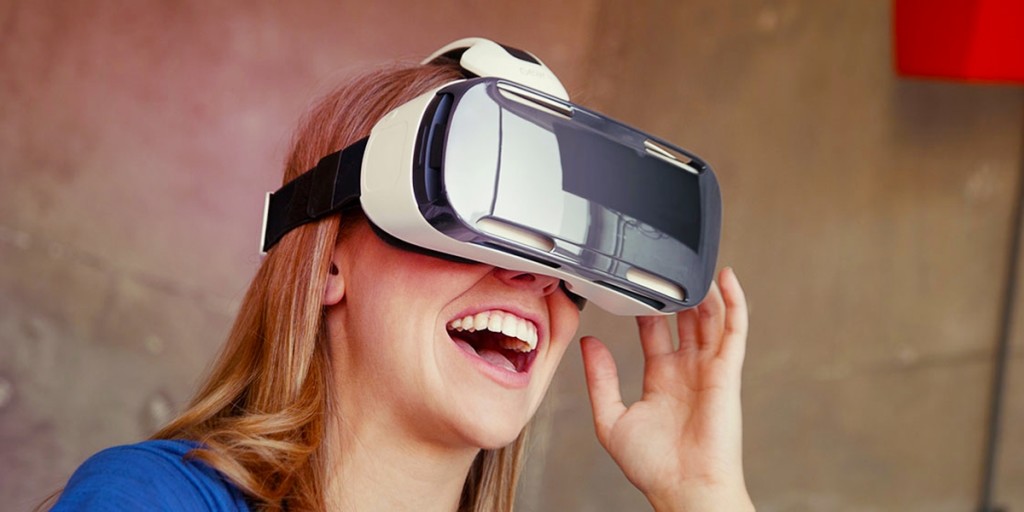Brands and consumers everywhere are more than a little excited about virtual reality. In fact, the VR industry could see its first $1 billion year, according to a report from Deloitte Global, with around $700 million coming from hardware sales and the rest coming from content.
With the dream of making all of our science-fiction fantasies come true, brands are pouring money into the technology like never before. According to research from venture capital database, CB Insights, the amount of investor dollars pouring toward virtual and augmented reality (VR/AR) has increased about 7.5 times in the last year. In fact, investment in those technologies reached $1 billion in the first quarter of 2016, eMarketer reports, compared to $144 million in the same quarter of 2015.
Separate research from the UBM Game Network found that 20 percent of gaming professionals were working on AR apps last year, up from 7 percent in 2014. Mind you, those figures reflect a time before our benevolent Nintendo overlords conquered the world with Pokémon GO. It’s kinda hard to hear over the sound of investors writing checks and programmers furiously typing at the moment.
We all know that virtual and augmented realities are all the rage, but how do consumers feel about it? According to a new study by Greenlight VR, 71 percent of those surveyed views a brand that sponsors VR as forward-thinking and modern, while 52 percent would like to be associated with that brand. Additionally, 53 percent say they are more likely to purchase from a brand that sponsors a VR experience, such as a concert, or eSports broadcast.
“We’re seeing specific VR activities have unique emotional footprints, offering fascinating insights for those who are considering their VR strategies,” Steve Marshall, senior vice president of research and consulting for Greenlight VR, said in a statement. “For example, among our sample, watching a live broadcast event in virtual reality generates significantly higher ratings of positive emotions such as ‘happy’ and ‘energetic’ when compared with playing a VR video game.”
Even those who have never experienced VR for themselves had good things to say about the technology after watching informational videos—91 percent reported positive feelings about it. Among those who haven’t tried VR before, 65 percent were interested, 32 percent were surprised at what it could do, 25 percent felt “happy” and 58 percent reported being “amazed.”
Not everyone is excited about the sudden interest, however. Veteran investor Mitch Lasky admitted that his “intense emotional experience” while using the current high-end headsets did not convince him that VR was a smart investment within the next few years. Considering the fact that Lasky can count Riot Games and Snapchat among his own smart investments, it’s a perspective worth considering.
Speaking at Casual Connect USA on Tuesday, Lasky expressed concern with the sudden sense of urgency for brands to jump onboard the VR hype-mobile. “When I look at it more structurally, I’d say something that may sound a little strange: perhaps the Facebook acquisition of Oculus wasn’t the greatest thing for the development of VR in the long run. It set such a high watermark, and it rung the bell so loudly for the industry, that it sort of forced the hand.”
As brands jump in the deep end to keep up with trends, they run the risk of creating a so-so or broken product that audiences will not appreciate. For Lansky, his biggest concern is whether or not the technology is truly ready.
“I’ve seen 25 or 30 excellent demos,” he explained. “I haven’t seen a lot I would consider finished products, or even things that suggest finished products. And if it’s anything like mobile games, I started a mobile games business in 2000. It wasn’t until 2008 or 2009 that they really became viable as big businesses. It was not just the launch of the iPhone, but the launch of the App Store, and even the launch of in-app purchases, that were necessary to get mobile games catalyzed in a way that made it meaningful as a business. VR may take a while.”
